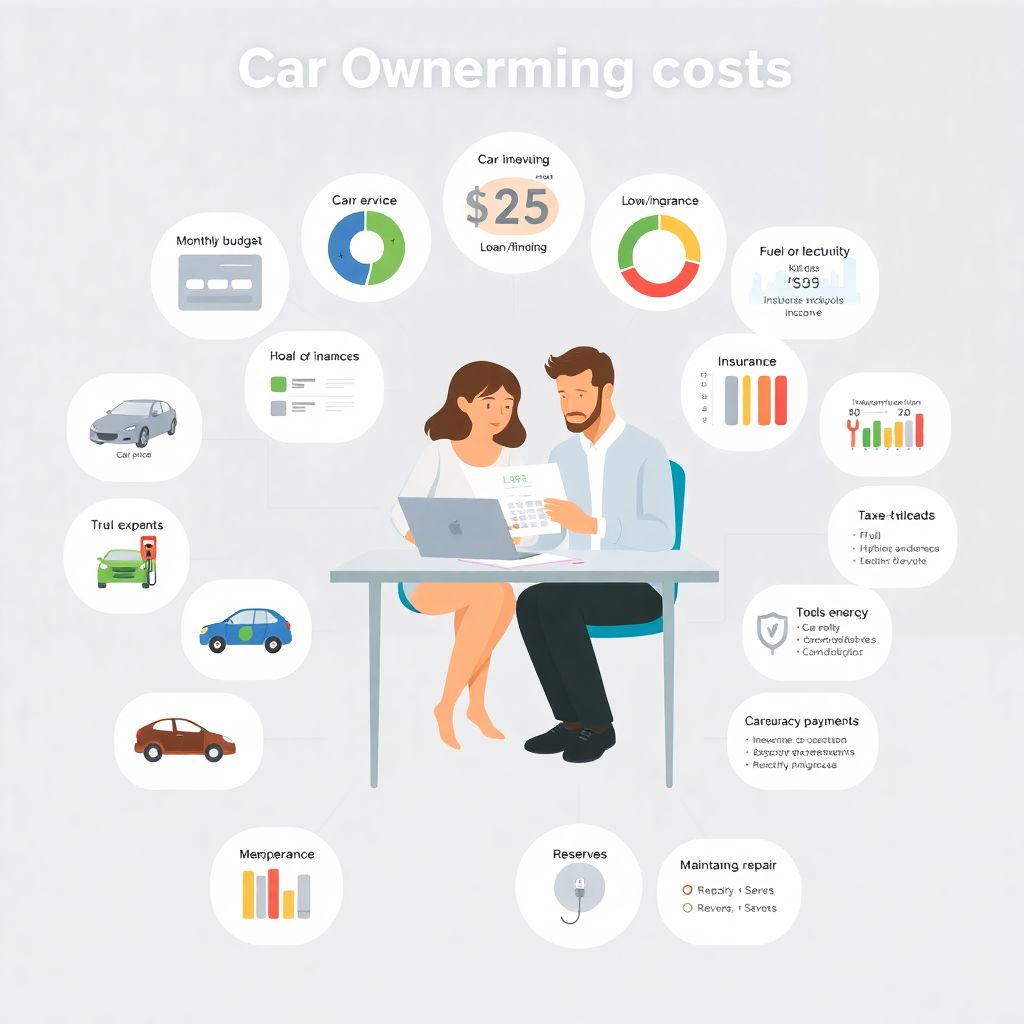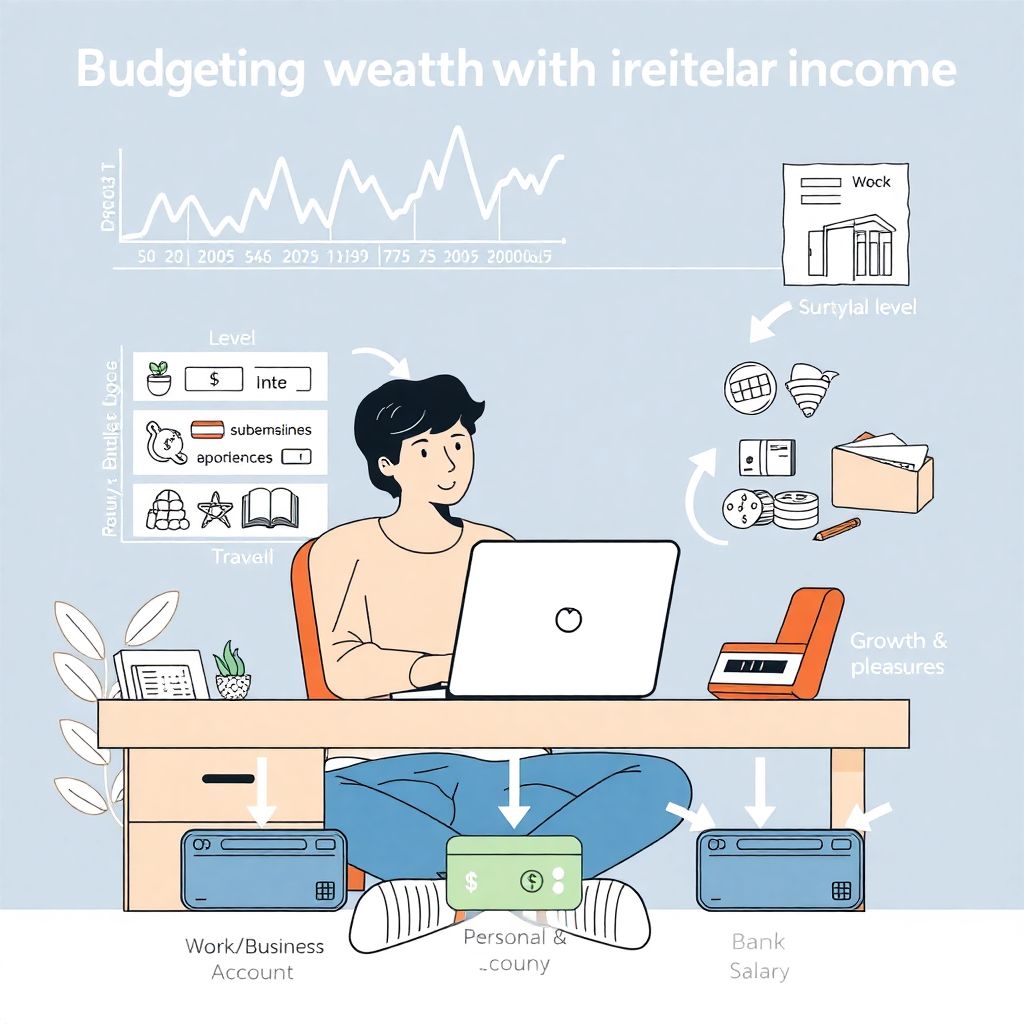Category: Retirement Planning
-

Budgeting mistakes to break today and how to fix your money habits
Why Your Budget Keeps Failing (And What To Do Differently Today) Let’s be honest: most people don’t have a “money problem” — they have a “budgeting system” problem. You download a template, swear this is the month you’ll change everything… and three weeks later your card is smoking again, you’re confused where the cash went,…
-

Car ownership costs: a practical guide to budgeting and saving money
Why Car Ownership Costs Feel So Confusing Buying a car in 2025 looks simple on the surface: you see a price, maybe a discount, и you sign. Но настоящие расходы проявляются позже — в регулярных платежах, заправках, сервисе и страховке. Поэтому разговор о practical guide to car ownership costs — это не про цену на…
-

Home energy audits for budgeting savings and reducing your monthly utility bills
Home Energy Audits for Budgeting Savings: зачем вообще в это погружаться Переход на осознанное управление расходами энергии в доме перестал быть «зелёной модой» и превратился в инструмент финансового планирования. По данным U.S. Energy Information Administration, средний тариф на электроэнергию для домохозяйств в США с 2021 по 2024 годы вырос примерно на 12–15 %, при этом…
-

How to budget when your income is irregular and gain control of your finances
Why budgeting with irregular income feels so hard (and why it’s not hopeless) If your income jumps как сердечный ритм на кардиограмме — один месяц густо, другой пусто — обычные советы про бюджет вообще не заходят. “Сначала заплати себе”, “откладывай 20%” — звучит мило, пока клиент не переносит оплату на следующий месяц. Но именно поэтому…
-

Grocery shopping on a budget: meal planning secrets to save money weekly
Why Meal Planning Beats “Buying Whatever Looks Good” Most people think they overspend because food is expensive. Чаще всего проблема в хаосе. You walk into the store hungry, grab “что-то на ужин”, плюс пару перекусов — вот и чек. The core of meal planning on a budget is simple: заранее решить, что вы едите, и…
-

Budgeting for accessible travel on a budget: ways to save money and travel more
Планирование доступного путешествия: как сэкономить без потери комфорта Организация поездки для людей с ограниченной подвижностью требует особого подхода — как логистически, так и финансово. Однако вопреки распространённому мнению, доступный туризм не обязательно должен быть дорогим. Существуют проверенные стратегии, которые позволяют получить максимум от путешествия, не превышая бюджета. Главное — это чёткое планирование и понимание своих…
-

How to prepare for a job interview with financial confidence and reduce money stress
Why Financial Confidence Matters More Than Ever in Job Interviews Пeople have always worried about money when changing jobs, but in 2025 это ощущается особенно остро. За последние 20 лет мы прошли через кризис 2008 года, пандемию 2020–2021, рекордную инфляцию 2022–2023 и взрывной рост удалённой работы и gig‑экономики. Компании научились считать каждый доллар, а кандидаты…
-

Personal finance resilience: how to bounce back after financial setbacks
Why Financial Resilience Matters More in 2025 In 2025 личные финансы выглядят совсем иначе, чем десять лет назад: гибридная занятость, краткосрочные контракты, фриланс, крипто‑просадки, скачки цен на аренду и медицину. Финансовые откаты случаются даже у тех, кто «всё делал правильно»: имел подушку безопасности, инвестировал в индексные фонды, не трогал кредитки. Поэтому вопрос уже не в…
-

Family budgeting for multi-generational homes: smart strategies to manage shared finances
Why Multi-Generational Budgeting Feels So Tricky Living with parents, kids and sometimes grandparents under one roof can feel financially chaotic. Different incomes, habits and expectations collide: one person экономит на всём, другой легко тратит на комфорт, третий думает только о пенсии. Эксперты по личным финансам отмечают, что главная проблема не в суммах, а в «невидимых…
-

Financial planning for disaster preparedness to protect your money and future
Understanding Financial Planning for Disaster Preparedness Why disaster money planning is different Financial planning for disaster preparedness sits somewhere between classic personal finance and risk engineering. You’re not just “saving more” — you’re designing a system that keeps cash flowing, bills paid and assets protected when the normal economy of your household breaks down for…